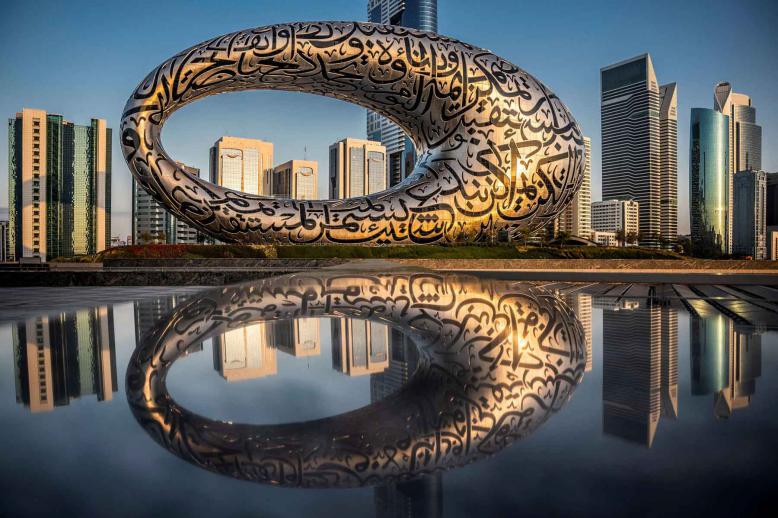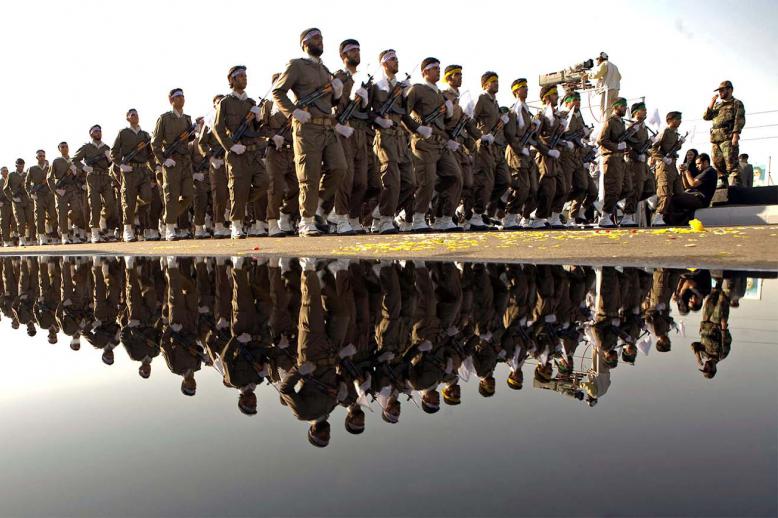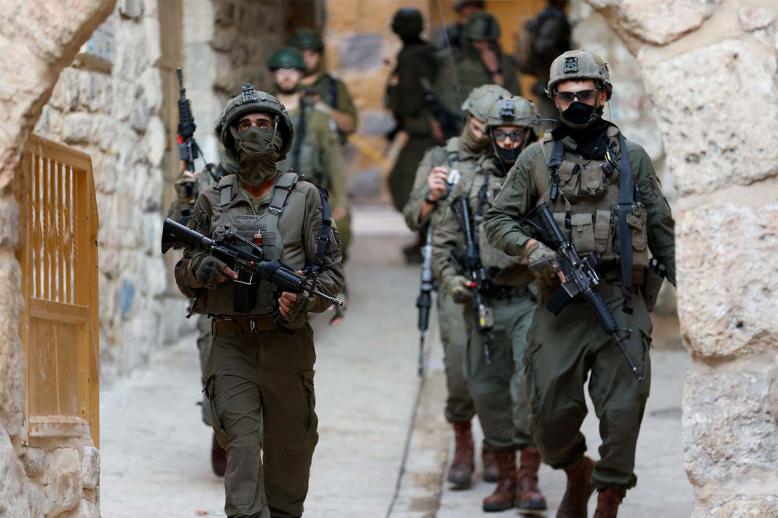War grinds on around Tripoli
TUNIS — Despite claims by both sides in Libya that they are on course for victory, the battle for Tripoli after more than three weeks remains in a virtual stalemate.
The forces of Field-Marshal Khalifa Haftar’s Libyan National Army (LNA) are holding positions south of Tripoli. Pro-LNA officials said they had to slow down out of concern for possible civilian casualties.
Besides the mounting human toll, the role of militias and extremist elements supporting the Government of National Accord (GNA) is a source of added concern.
Haftar’s forces and the varied pro-GNA forces supporting the Presidential Council headed by Fayez al-Sarraj are locked in combat, mainly in the southern Tripoli suburbs. Both sides have tried to resort to air strikes but limited capacity has denied either strategic superiority but still casualty figures continue to mount.
Despite the fighting, there is an air of almost bizarre normality in Libya, outside of the clashes. An exhibition at a new art gallery opened in Tripoli Old City, although there were few foreign diplomats — most of whom have joined the exodus to Tunis — at the event. Also, local elections have been taking place in western and southern towns.
In the face of the stalemate, the international community is increasing efforts for a ceasefire. An African Union meeting April 23 in Cairo demanded an “immediate and unconditional halt” to the fighting and a return to dialogue.
Tunisia has been trying, in coordination with Egypt and Algeria, to pressure the Libyan parties to accept a ceasefire and dialogue. Tunisian Foreign Minister Khemaies Jhinaoui pressed French Foreign Minister Jean-Yves Le Drian to bring about consensus on Libya among the five permanent members of the UN Security Council and achieve a ceasefire.
France continues to be perceived as supporting Haftar. As far as Sarraj and the GNA are concerned, Paris — and more specifically Le Drian — fully backs the LNA. This perception resulted in anti-French protests in Tripoli and a frenzy in pro-GNA media claiming French military equipment was being delivered to the LNA.
With both sides presenting upbeat claims they are winning, they also insist there will be no negotiations or a ceasefire. It is also reported that, given the stalemate, a more realistic position is being considered.
There have been rumours of behind-the-scenes discussions about a ceasefire involving various intermediaries. A ceasefire, sources said, would not require the LNA to pull back to its positions prior to April 3 but would involve some withdrawal south of Tripoli. Preserving its positions would give the LNA negotiating advantages.
Analysts, though, are wary that, in the event of a ceasefire, the two sides — especially the GNA — may not be able to fully control their forces. The concern specifically is that militants backing the GNA, such as Salah Badi, would not see themselves bound by any truce and would continue to attack LNA positions and that the latter would feel obliged to fire back.
The role of the militants in the GNA forces has become a major concern, both for the LNA and the international community. France refused to back an EU statement calling for a truce and a pullback by the LNA, insisting that it mention the involvement of criminals and UN-sanctioned terrorists in the fighting and demand the Libyan parties stop using them. France also wanted that the situation faced by migrants as a result of the clashes be included.
The LNA and its supporters claim that, apart from the Tripoli militiamen who have long been accused of taking Libya’s oil wealth, there are terrorists in the GNA ranks. They named Murad Shetaw, a member of the Benghazi Defence Brigades, seen as being linked to al-Qaeda.
LNA spokesman Major-General Ahmed Mismari claimed that, not only were Libyan extremists fighting with the GNA forces, but there were foreign fighters as well. It was said that Nusret Imamovic, a US-designated terrorist from Bosnia who had been fighting in Syria with the former al-Nusra Front, had arrived in Tripoli. The LNA also said it had captured some Turkish fighters.
Mismari said foreign mercenaries, including a pilot from Ecuador, were fighting alongside the GNA’s forces and the militias and Islamic extremists backing them.
The fear among analysts is that the involvement of militants, terrorists and criminals in the GNA ranks is legitimising them and could give them a role in any future Libyan institutional set-up or could force any political process to quickly unravel.
For many Tripolitans there is war-weariness and a desire to have the fighting end. This surprisingly includes GNA officials who are willing to see Haftar’s side win the war.
“I don’t care who wins, as long as someone wins,” said a leading GNA official who did not want to be named. He said he does not like Haftar but a Libya run by him would at least be stable and would start working, unlike the present situation.
Against the backdrop of the enduring deep divide, tens of thousands of mainly sub-Saharan migrants are the most vulnerable, particularly those held in detention centres. On April 23, gunmen broke into the detention centre in Qasr Ben Ghashir, 20km south of central Tripoli and on the front line of the clashes, and started shooting at detainees. Around a dozen were injured and there were unconfirmed reports that at least two were killed.
Human Rights Watch and other NGOs claim migrants in other Tripoli detention centres were being used to transport weapons for the pro-Sarraj forces and carry out other military tasks in violation of international law.
The day after the shooting at the Qasr Ben Ghashir camp, the International Organisation for Migration moved some 325 detainees to a camp in Zawia, west of Tripoli.
If the LNA intensifies its Tripoli offensive, it may decide to move into western Tripoli. That would necessitate moving against Zawia, which is on the route into Tripoli. That would be the LNA’s most difficult operation. In Zawia, Islamic radicals are likely to be a strong factor. Taking it would involve a major fight.
Michel Cousins is the editor-in-chief of the Libya Herald.
Copyright ©2019 The Arab Weekly







